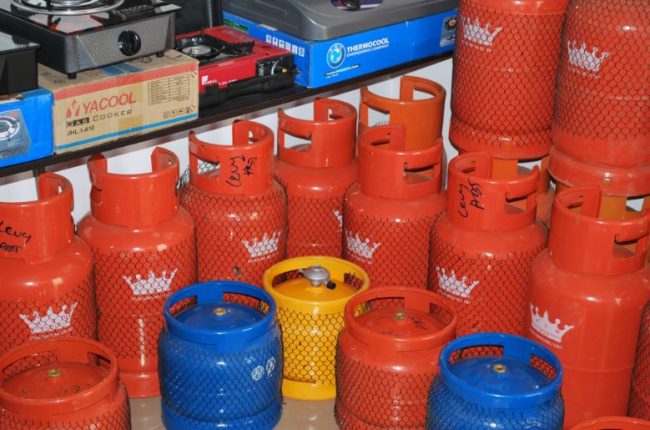The federal government has implemented tax breaks for critical energy goods and infrastructure, as well as fiscal incentives for the upstream and downstream oil and gas industries.
The government stated that the development was part of their “avowed determination to ensure a boost in the nation’s upstream and downstream sectors.”
According to the Director, Information and Public Relations, Federal Ministry of Finance, Mohammed Manga, the Minister of Finance and Coordinating Minister of the Economy, Mr. Wale Edun, announced two major fiscal incentives on Tuesday “aimed at revitalising Nigeria’s oil and gas sector.”
The statement listed the fiscal incentives described as “groundbreaking concessions aimed at revitalising the industry”, to include ‘Value Added Tax Modification Order 2024’ and ‘Notice of Tax Incentives for Deep Offshore Oil and Gas Production, in accordance with the Oil and Gas Companies (Tax Incentives, Exemption, Remission, etc.) Order 2024.’
“The VAT Modification Order 2024 introduces exemptions on a range of key energy products and infrastructure, including Diesel, Feed Gas, Liquefied Petroleum Gas (LPG), Compressed Natural Gas (CNG), Electric Vehicles, Liquefied Natural Gas (LNG) infrastructure, and Clean Cooking Equipment,” the statement read partly.
According to the statement, the “measures are designed to lower the cost of living, bolster energy security, and accelerate Nigeria’s transition to cleaner energy sources.”
“In addition, the Notice of Tax Incentives for Deep Offshore Oil & Gas Production provides new tax reliefs for deep offshore projects. This initiative is aimed at positioning Nigeria’s deep offshore basin as a premier destination for global oil and gas investments,” the statement read.
These reforms, the statement mentioned, “are part of a broader series of investment-driven policy initiatives championed by His Excellency, President Bola Ahmed Tinubu, in line with Policy Directives 40-42.
“They reflect the administration’s strong commitment to fostering sustainable growth in the energy sector and enhancing Nigeria’s global competitiveness in oil and gas production.
“With these bold initiatives, Nigeria is firmly on track to reclaim its position as a leader in the global oil and gas market. These fiscal incentives demonstrate the administration’s unwavering commitment to fostering sustainable growth, enhancing energy security, and driving economic prosperity for all Nigerians,” the statement noted.













